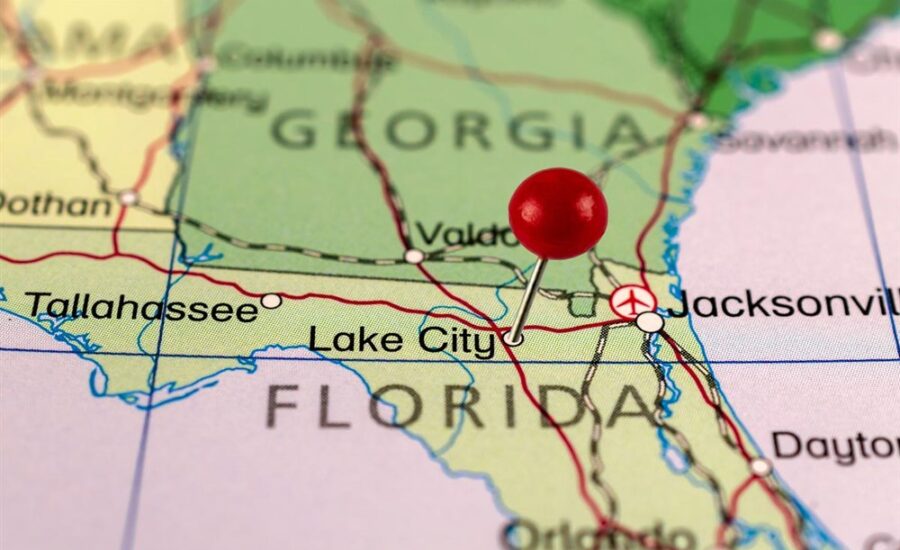Online Sports Betting in Florida
In a recent development, a federal appeals court has dealt another victory to the Seminole Tribe of Florida by denying a request for a rehearing from pari-mutuel owners. This ruling upholds a multibillion-dollar deal that grants the Seminole Tribe control over sports betting throughout the state.
Previously, a three-judge panel of the U.S. Circuit Court of Appeals for the District of Columbia had reversed a decision made in November 2021 by a federal judge that had halted the gambling agreement. The owners of Magic City Casino in Miami-Dade County and Bonita Springs Poker Room in Southwest Florida had challenged the sports-betting plan and sought an “en banc” rehearing, which has now been rejected by the court without providing detailed reasoning.
The 2021 gambling deal, signed by Governor Ron DeSantis and Seminole Tribe Chairman Marcellus Osceola, granted the tribe control over sports betting for a 30-year period. However, the Magic City and Bonita Springs pari-mutuel owners filed a lawsuit, claiming that the sports-betting plan violated federal law and would severely impact their operations.
The deal included a “hub-and-spoke” sports-betting plan, allowing bets to be placed online anywhere in the state, with wagers processed through computer servers on tribal property. It stipulated that bets made using mobile apps or other electronic devices would be exclusively conducted by the tribe.
In November 2021, U.S. District Judge Dabney Friedrich had ruled that the plan violated the federal Indian Gaming Regulatory Act (IGRA) because it permitted gambling off tribal lands. Friedrich also invalidated other parts of the compact, arguing that U.S. Interior Secretary Deb Haaland’s approval of the deal was incorrect. The Department of the Interior appealed this decision.
However, the three-judge panel unanimously ruled in June that Judge Friedrich had erred in finding that the compact violated IGRA by allowing gambling both on and off Indian lands.
The impact of this recent ruling on sports betting in Florida remains uncertain. The Seminoles had briefly introduced the Hard Rock SportsBook mobile app but stopped accepting wagers and deposits in December 2021 following Friedrich’s ruling. The Seminoles have expressed their satisfaction with the appeals court’s decision but have not indicated whether they will resume accepting bets on the app.
It is also unclear whether the pari-mutuels will seek U.S. Supreme Court intervention in this matter.
In addition to granting the Seminoles control over online sports betting, the compact allowed the tribe to offer craps and roulette at its casinos and permitted the addition of three casinos on tribal property in Broward County. In return, the tribe pledged to pay the state a minimum of $2.5 billion over the first five years, with the potential for billions more throughout the 30-year pact. This deal also made Florida one of several states to embrace sports betting following a 2018 U.S. Supreme Court decision that allowed such wagering in New Jersey.
Legal expert Daniel Wallach has suggested that this case may meet the criteria for a Supreme Court review, as it conflicts with rulings from other federal appellate courts and may involve an important question of federal law. Wallach argues that it’s essential for the Supreme Court to address this issue promptly to provide clarity on whether IGRA applies to tribal-regulated gaming activities outside of Indian lands.
Critics of the compact have also raised concerns about its compliance with a 2018 constitutional amendment, Amendment 3, which mandates statewide voter approval of gambling expansions in Florida through the citizens’ initiative process. The legality and implications of the sports-betting arrangement under this amendment remain subjects of debate.
